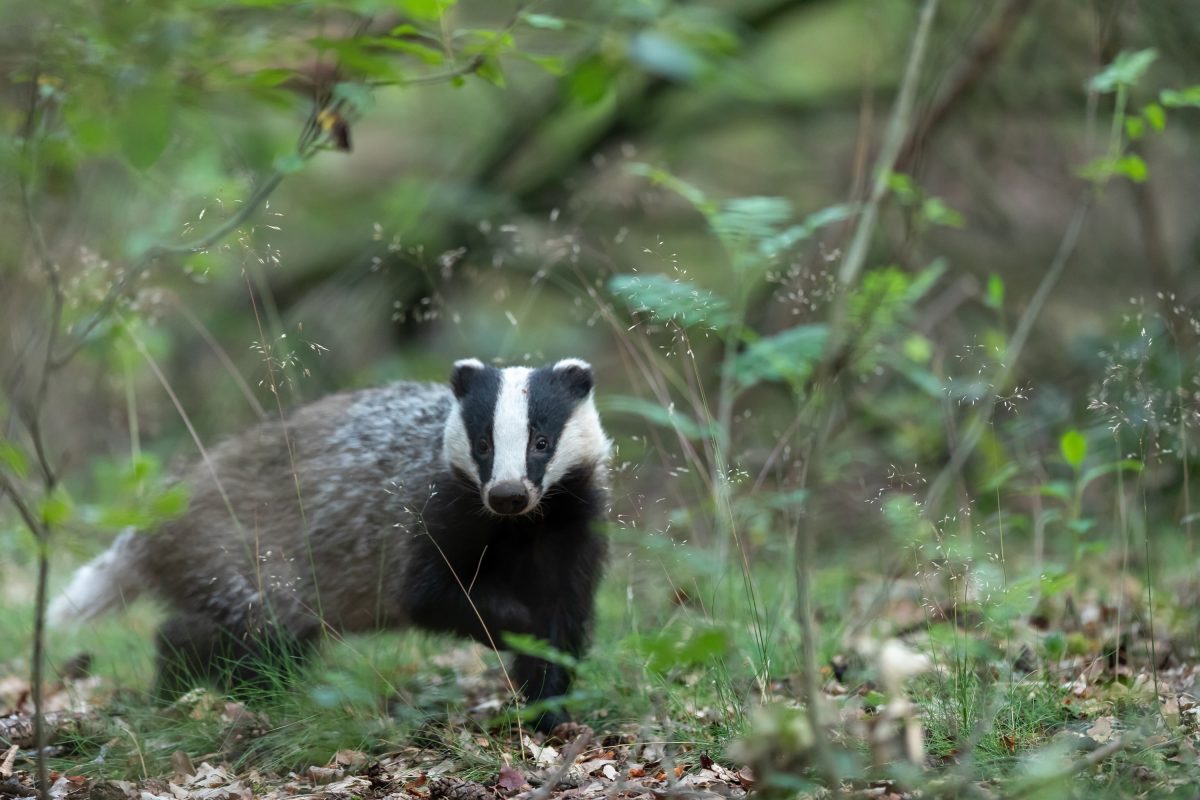The rescue, rehabilitation and release of Bunny the badger.
It’s a privilege as a branch to be able to support the Inspectors with what can be a very hard job. We do our best to make things run as smoothly as possible for our colleagues when animals they have initially dealt with come into our care. These are usually domestic pets. However, the RSPCA does not just deal with cats and dogs. Wild critters who find themselves in trouble are the most common rescues officers attend and of course need specialist care.
Inspector Laura to the rescue.
One such animal was Bunny the Badger! She was a casualty of a road traffic collision which caused multiple injuries. The biggest of these – she had bitten through her tongue! Ouch! Laura had to scrabble around in the undergrowth to catch Bunny. Despite her injuries, all the badger wanted to do was get away. She was initially treated at Arnold and Carlton Vets and her recuperation continued at RSPCA Stapeley Grange Wildlife Centre.
Bunny healed quickly and was happily released back into the wild (a safe distance from where she was injured but familiar to her) and Laura managed to capture the moment! We simply adored seeing Bunny bustle off home! Click the link to view Bunny’s release.
Watch Bunny the badger bustle off home
If you find an injured, trapped or sick wild animal:
Please ring 0300 1234 999, the RSPCA National Control Centre (NCC) who are open 365 days from 7am to 10pm. Although they are under huge pressure, officers will attend as soon as possible. Birds and small mammals weighing less than 1kg (2.2lbs) are mostly seen by veterinary professionals free of charge. Help towards funding for treatment of larger wild animals is available to an attending vet via the NCC Vet line.
It’s greatly appreciated it if you are able to assist us further by taking a found small injured animal directly to a local veterinary practice your self. However, your safety is paramount and we urge caution as wild animals and birds will peck, scratch and bite through fear and pain. Our advice is to always phone the vet first to check if they can accommodate you.

